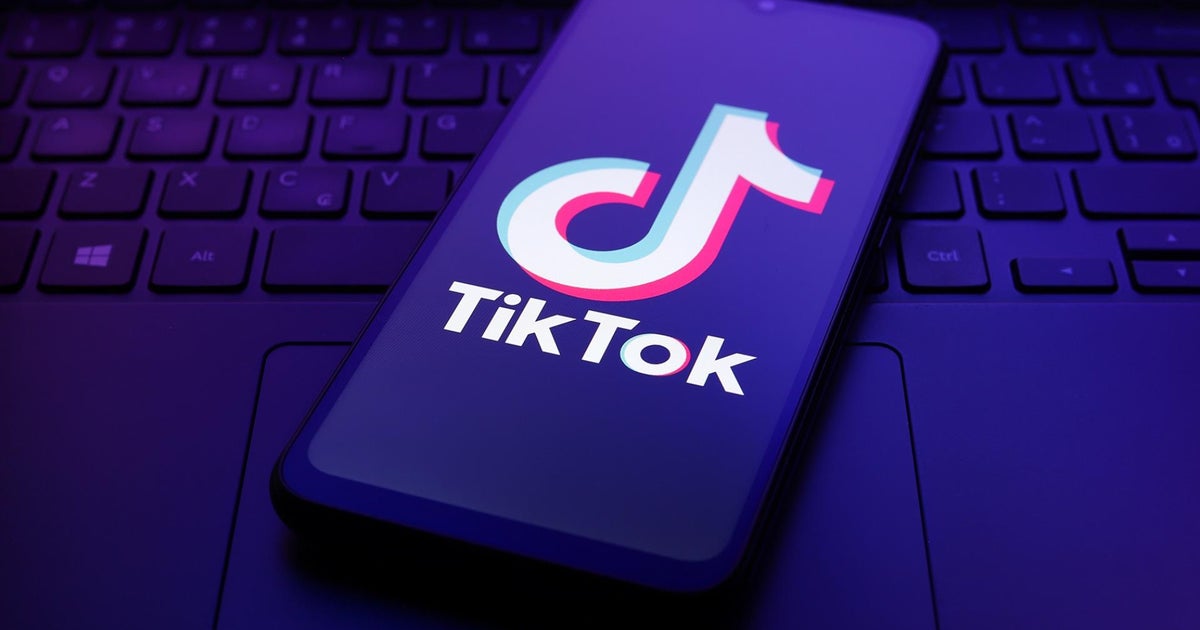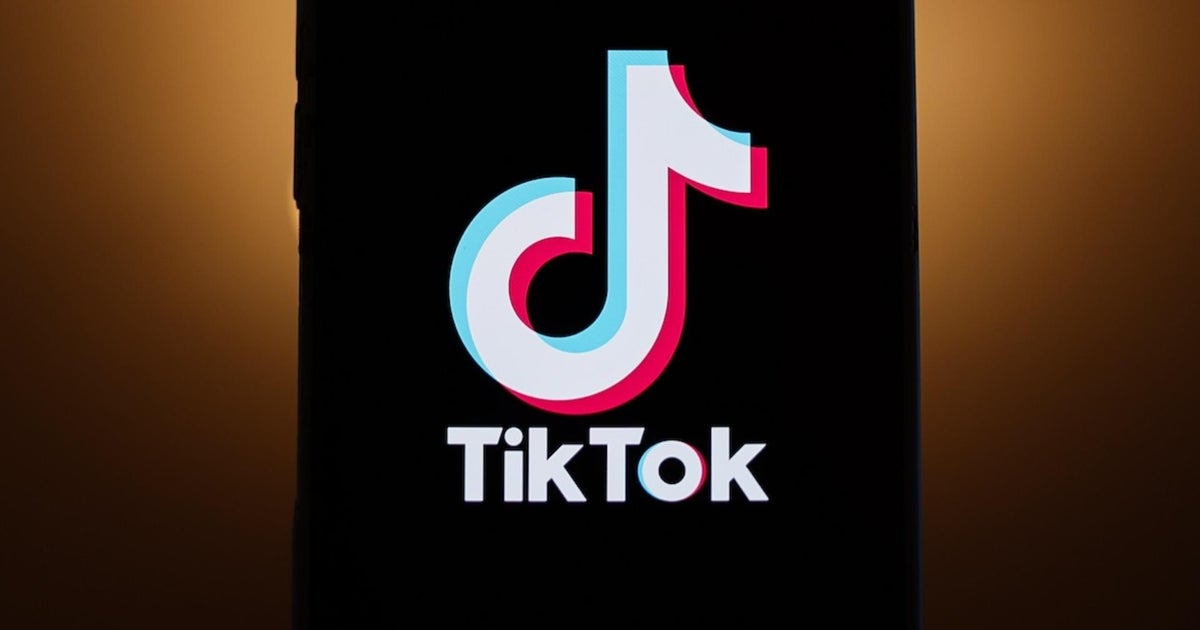CBS News
Gen Z is recording themselves getting fired in growing TikTok trend

If you’re a manager planning to remotely lay off a younger employee, you may want to be ready for your close-up. Raised on social media, some Gen Z workers have taken to recording themselves getting fired and posting the videos on TikTok for all the world to see.
The trend, involving what appears to be authentic videos of individuals either in the process of getting sacked or reacting to the experience moments after getting the axe, includes workers from fast-food restaurants to office jobs to teaching. While some of the videos are comedic enactments, many are real, Jason Dorsey, author of “Zconomy” and president of the Center for Generational Kinetics, told CBS News.
“We’re seeing it across every industry,” he said. “The vast majority of the time that we’re seeing it is real. People are filming getting laid off, they’re filming walking out, they’re taking the snacks on their way out.”
One recent TikTok video by Brittany Pietsch, a San Francisco technology worker, shows the moment she got fired from her job at cybersecurity company Cloudflare. In the roughly 9-minute video, which went viral after it was posted in mid-January, Pietsch is seen looking visibly tense as she sits in front of her computer awaiting a virtual call with an HR person and director for the company. She notes in captions in the video that “coworkers had been getting random 15-minute call invites all day” and that her “work BFF” had been fired just 30 minutes before, leading the 27-year-old to expect the worst.
Then the worst arrives.
“I’m so sorry, my name’s Rosie,” says a plaintive-sounding HR member who is the first company representative to hop on the call. Soon after, a second company rep, described by Pietsch in captions as “a director man ive never heard of,” launches into the actual firing.
“You have not met Cloudfare’s expectations for performance,” he says. “We’ve decided to part ways with you.”
Pietsch, who had been working in sales for the company for only four months, defends her performance, asking for an explanation for the negative review in spite of having received what she described as positive feedback from her manager.
“I don’t think Dom or myself today is gonna give you any clarity or answers that’s going to meet the expectations that you’re communicating to us, Brittany,” the HR person tells her, adding later in the video, “I’m happy to follow up with you separately to give you the data that was calibrated. I’ll need to speak with revenue leadership specifically to see if I can get that for you.”
Employee POV
Pietsch is one of thousands of workers in the tech industry over the past year to lose their job, many shortly after being hired. Firings have particularly jumped in media, retail and technology sectors in a move to trim costs after overhiring during the pandemic and as they invest in AI.
Beyond drawing attention to an act that typically stays behind closed doors, the TikTok layoff videos also reflects how younger workers feel empowered by social media to speak out against their employers if they feel they’re being treated unfairly.
“I have, like, really given my whole energy and life over the last four months to this job, and to be let go for no reason is like a huge slap in the face from a company that I really wanted to believe in,” an emotional Pietsch tells Cloudflare reps in her video, which has been viewed by more 23 million people on X, as reported by Business Insider.
Cloudflare co-founder and CEO Matthew Prince responded to the video in a post on X, calling it “painful” to watch.
“We fired ~40 sales people out of over 1,500 in our go to market org. That’s a normal quarter. When we’re doing performance management right, we can often tell within three months or less of a sales hire, even during the holidays, whether they’re going to be successful or not,” he stated, adding, “Importantly, just because we fire someone doesn’t mean they’re a bad employee. It doesn’t mean [they] won’t be really, really great somewhere else.”
Deeply personal situations made public
Public reactions to Pietsch’s video have been mixed. On Glassdoor, some commenters fault Cloudflare for framing what they say appears to be budgetary layoffs as a performance-based dismissal. Others describe Pietsche as “confrontational” and “toxic,” with one commenter calling her choice to record and post the video “bad judgement [sic].” On X, by contrast, many comments express support for Pietsche, who many feel deserved a clear explanation from Cloudflare.
Cloudflare did not immediately respond to a request for comment.
Dorsey, who focuses on the differences between generational age groups in relation to business, says that for Gen Z, sharing deeply personal situations with tens of thousands of followers and speaking publicly about traditionally private matters is normal behavior.
“What’s important is that many of the young people we see that post this on TikTok — remember, they’ve grown up on TikTok. They shared their setbacks, they’ve shared their breakthroughs — it could be a break up with somebody, it could be getting into college,” he said.
“For many of them, [it’s] the very first time they’ve ever been laid off. So of course they want everybody to know and then wait for the feedback to tell them whether or not it was the right decision,” he added.
According to Dorsey, the main motive for many young people who share their personal trials and tribulations on social media is feedback, not monetization.
“They want to get the feedback, and oftentimes they struggle to have vulnerable conversation in person, so they’ll often have vulnerable conversations through technology,” he said. “I talk to parents all the time, they’re like, ‘I can’t get my kid to say anything important, like meaningful and vulnerable, but if I send a text they’ll tell me everything.’ This is just a normal way to be.”
To be sure, there is money to be made for those who manage to attract a large number of followers on TikTok, Instagram or other major social platform, transforming them from mere user to influencer.
“Yeah, the reality is, not only has a generation grown up sharing everything, we have elevated the importance or the value of being an influencer, being a social media star. So instead of your 5 minutes of fame, you get a million likes or a million hearts. … In our research we see that many in Gen Z, the influencer adds an actual career — so of course they’re doing this.”
Influencers with a fan base in the millions can strike brand deals ranging from $30,000 to $150,000, the Wall Street Journal reported in October.
Potential consequences
Influencer or not, however, those who stream videos of themselves being fired from their job risk facing repercussions, such as violating severance agreements, the BBC reported. Job termination videos can also backfire on those who post them if viewers find the post vindictive or unprofessional.
“Generally speaking, such moves are a double-edged sword. The literature on whistleblowers, a more extreme form of publicly sharing bad practices, shows that people get stigmatized for doing so,” Ben Voyer, an ESCP Business School professor who founded the Gen Z Observatory, told Business Insider in a recent article.
“Generally, society doesn’t reward people that engage in behaviors that some may see as a betrayal. Pushing such content online is a way to get moral support on the one hand, and a little revenge on the other hand,” he said.
CBS News
Madison school shooting suspect exchanged messages with California man, documents reveal

Watch CBS News
Be the first to know
Get browser notifications for breaking news, live events, and exclusive reporting.
CBS News
Page Not Found: 404 Not Found
The page cannot be found
The page may have been removed, had its name changed, or is just temporarily unavailable.
Be the first to know
Get browser notifications for breaking news, live events, and exclusive reporting.
CBS News
Inside the trend of “sleepmaxxing” and Gen Z’s prioritization of rest and health

Watch CBS News
Be the first to know
Get browser notifications for breaking news, live events, and exclusive reporting.








